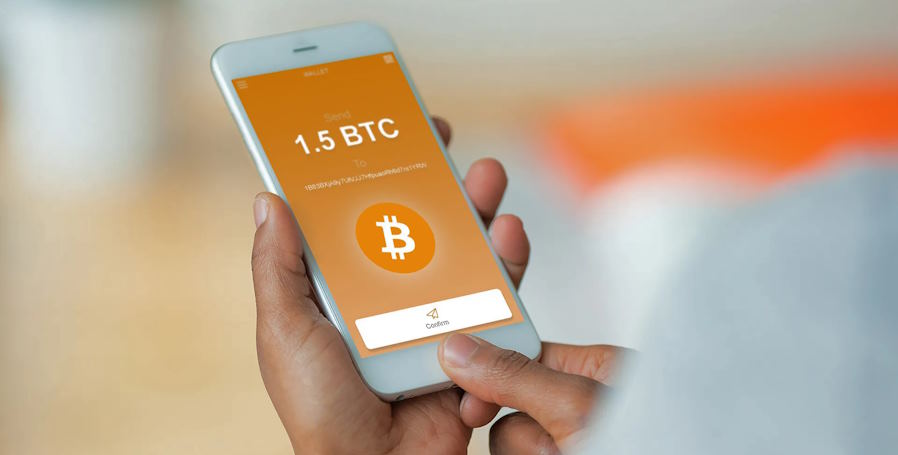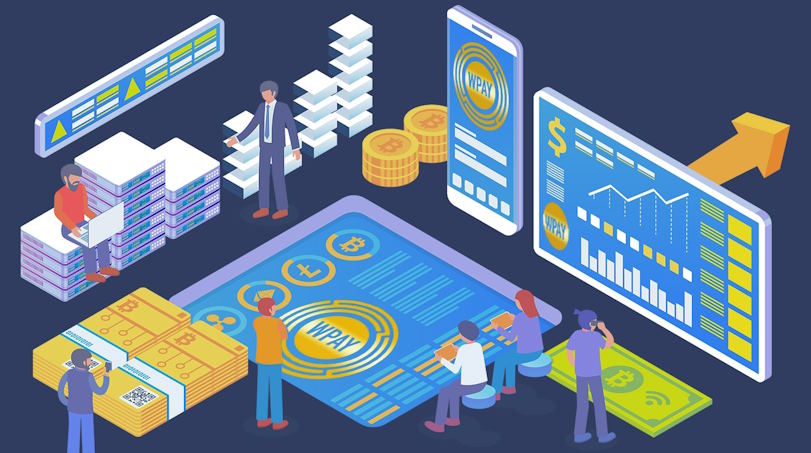Cryptocurrencies in Peer-to-Peer Transactions: A New Era of Direct Digital Payments

The way we conduct financial transactions is on the cusp of a revolutionary transformation, driven by the rise of cryptocurrencies and the growing demand for peer-to-peer interactions. Cryptocurrencies, with their foundation in decentralized technologies, have rapidly evolved from niche concepts to globally recognized digital assets with the power to revolutionize traditional financial systems. In a world characterized by the limitations and inefficiencies of conventional payment methods, these digital currencies offer a promising alternative for conducting direct transactions between individuals.
Advantages of Cryptocurrencies in Peer-to-Peer Transactions
Cryptocurrencies have ushered in a new era of peer-to-peer transactions, offering a range of benefits that address the limitations of traditional financial systems. This transformative technology brings forth advantages that span security, accessibility, and cost-efficiency.
Security and Fraud Prevention
- The immutability of blockchain technology stands as a cornerstone of cryptocurrency security. Transactions recorded on the blockchain are permanent and tamper-resistant, creating an unalterable ledger of all interactions. This eliminates the risk of fraud and manipulation, fostering a sense of trust between transacting parties.
- Cryptocurrencies significantly reduce the risks associated with chargebacks and identity theft. Unlike credit card payments that can be reversed, cryptocurrency transactions are final. This feature prevents fraudulent chargebacks, providing a level of security that traditional payment systems struggle to achieve.
Global Accessibility and Inclusivity
- For the unbanked and underbanked populations, cryptocurrencies offer newfound financial inclusion. These individuals, often excluded from formal financial institutions, can now access digital currencies and participate in the global economy, thereby reducing financial disparities.
Lower Transaction Costs
- The elimination of intermediaries, such as banks and payment processors, results in streamlined transactions. Cryptocurrencies operate on decentralized networks, allowing parties to transact directly, thus cutting down on fees associated with middlemen.
- Transaction fees in cryptocurrency networks are typically lower compared to traditional methods. This affordability is especially evident in cross-border transactions, where conventional options often come with hefty fees and conversion rates.
Cryptocurrencies Driving P2P Transactions
Cryptocurrencies have not only disrupted the financial industry but have also catalyzed a significant shift in peer-to-peer transactions, offering innovative solutions that are reshaping how individuals exchange value.
Bitcoin as the Pioneer
- Bitcoin, the first cryptocurrency, laid the groundwork for P2P transactions. Its whitepaper by Satoshi Nakamoto outlined a peer-to-peer electronic cash system, setting the stage for direct digital payments without intermediaries. Early adopters quickly began utilizing Bitcoin for transactions, emphasizing its decentralized nature and the ability to bypass traditional financial gatekeepers.
- Over the years, Bitcoin’s use in direct payments has grown substantially. From merchants accepting Bitcoin as payment to individuals sending funds across borders, the cryptocurrency’s popularity has spurred the creation of numerous user-friendly wallets and platforms that facilitate seamless P2P transactions.
Ethereum and Smart Contracts
- Ethereum introduced a revolutionary concept: smart contracts. These self-executing agreements automate and enforce terms, enabling trustless P2P interactions. Ethereum’s blockchain facilitates secure execution, allowing parties to engage in complex transactions without intermediaries.
- Beyond direct payments, Ethereum’s platform has given rise to a plethora of decentralized applications (DApps). These applications span various sectors, from finance to gaming, providing unique use cases that go beyond simple transactions and revolutionize industries through decentralized peer-to-peer interactions.
Ripple and XRP in Remittances
- Ripple and its digital asset XRP have redefined cross-border P2P transactions. Through partnerships with financial institutions, Ripple’s technology offers enhanced speed and cost efficiency in international remittances. This innovation addresses the delays and high fees traditionally associated with cross-border transfers.
- Collaborations with banks and remittance companies have validated Ripple’s potential in enabling efficient P2P transactions on a global scale. The use of XRP as a bridge currency further exemplifies how cryptocurrencies can facilitate smoother and faster cross-border value transfers.


